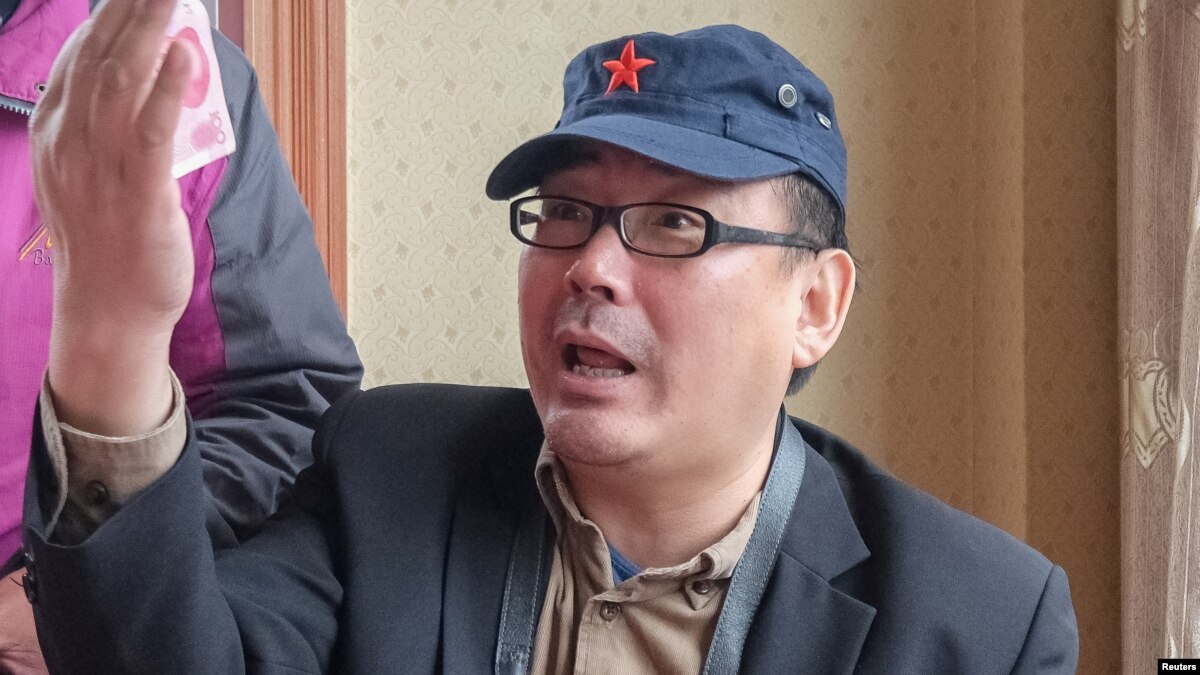
Beijing says it is investigating a Chinese-Australian writer for alleged “involvement in criminal activities endangering national security.” In Australia, a prominent government MP is demanding that author Yang Hengjun be freed immediately.
Yang was arrested a week ago after arriving in China from the United States, where he is a visiting scholar at Columbia University. Officials in Beijing say the Australian national is being questioned on suspicion of espionage.
He is being held in residential detention by Chinese state security. Previously dissidents held in similar conditions have been interrogated around the clock. Rights groups allege the process involves torture, a claim denied by China.
Defense minister's visit
Australia Defense Minister Christopher Pyne arrived Thursday in Beijing for unrelated talks.
Pyne said he would raise the case with his Chinese counterpart
“The Australian government is obviously concerned with the residential surveillance of Mr. Yang,” Pyne said. “He is an Australian citizen, and we are seeking to provide him with consular assistance and support to ensure that he is treated fairly and transparently, and I will be raising with General Wei that very requirement on behalf of the Australian government that he be given access to consular support.”
Australian diplomats were allowed to see the detained blogger and former diplomat a week after his arrest.
MP calls for release
In Australia, government MP Andrew Hastie has made a scathing assessment of China’s actions, insisting the detention of Yang was arbitrary and he called for his immediate release.
Analysts believe the arrest could be Beijing’s way of warning the Chinese diaspora not to openly talk about politics. Yang previously has been a critic of China’s Communist Party, but not in recent times.
For Australian officials, delicate diplomacy is needed. China is Australia’s biggest trading partner, but observers believe Canberra must manage carefully what has been a fractious relationship with the Chinese.
In December, Australia for the first time explicitly blamed China for cyber espionage and directly accused the Chinese state of approving a global campaign of the theft of trade secrets and confidential business information.

No comments:
Post a Comment